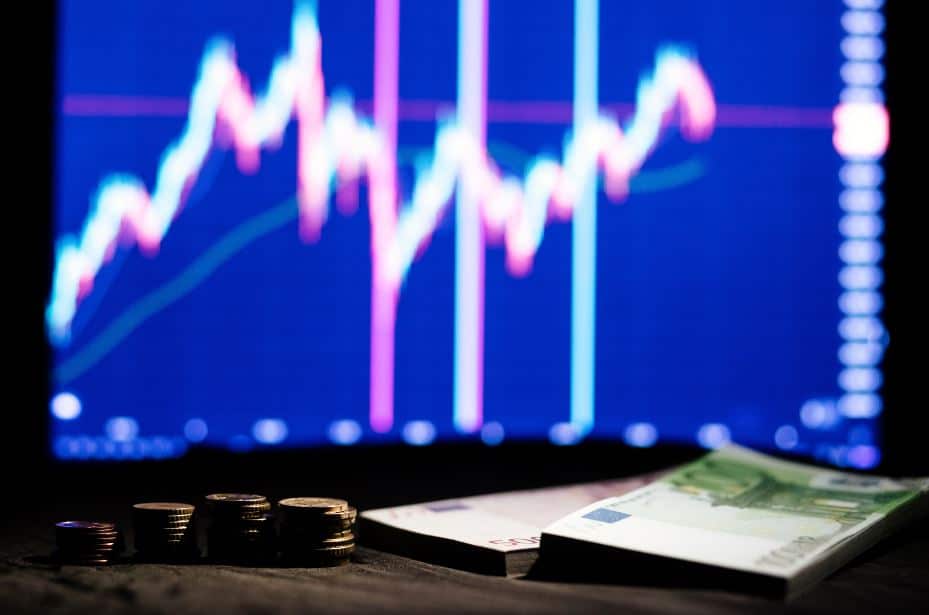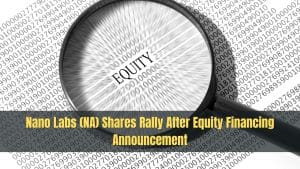Decentralized exchanges (DEX) are platforms that allow the peer to peer exchange of assets without the involvement of a centralized authority or intermediary such as brokers. It is a type of autonomous decentralized application.
Top 5 Tech Stocks to Buy in 2024
Don't let the chaos of rising interest rates, potential recession, tighter credit issues, higher oil prices, and incessant geopolitical issues chase you from the markets. Instead, just wait it out. With too much fear in the market, go bargain hunting with tech stocks. We have complied a report with the five of the best ways to profit within this industry.
"Top 5 AI Stocks to Buy in 2024."
Click here to sign up for our free report & newsletter, plus bonus offer "Elon Musk just Tiggered a BOOM in These Stocks"
Sponsored
This was envisioned to create a platform that removes the need for the central authority and sometimes use AMM (automated market maker) techniques or operate the orderbooks by automation. They carry out the operation through the help of smart contracts.
Automated Market Makers
If we go back a few years, this concept wasn’t much seen. But in 2020 by the start of some famous DEX platforms this concept started taking over. This method instead of using orderbooks, removes them completely and creates liquidity pools for the users to put their assets in. Users can put and remove the assets from these pools. Users who contribute to the pool are given rewards.
Things to Note
High Security
As compared to other centralized exchanges which are prone to hacking DEX’s are relatively safe. Where the authority lies in a single organization, DEX relies on a number of people to allow trading. Users can trade directly from their wallet without having to use seeds and keys.
Slow Transactions and Slippage
Trading on DEX can be tiresome. First, the calls are sent to the network and then confirmed by miners. As such the trades also suffer from slippage issue since the prices can change during the execution of trades and hence fail it. As such traders are advised to increase their slippage percentage so that they can carry out the trade successfully.
Liquidity Issues
As compared to centralized exchanges where the liquidity is maintained. But DEX suffer from liquidity issues. Since the liquidity on the platforms is provided by different users, it can decrease if the number of users stop using it or if it is withdrawn.
Pancake and Uniswap
Pancake and Uniswap are two of the most popular DEX that work on AMM technology. Pancake allows the exchange of BSC-20 tokens while Uniswap allows the exchange of ERC-20 tokens. Both of these DEX provides their users rewards in the form of their native tokens CAKE and UNI respectively.
Cake is being traded at the price of $20 with a drop of 2.20% in the past day. UNI is currently being traded at the price of $20.00 with a drop of 2% in the past 24 hours.









